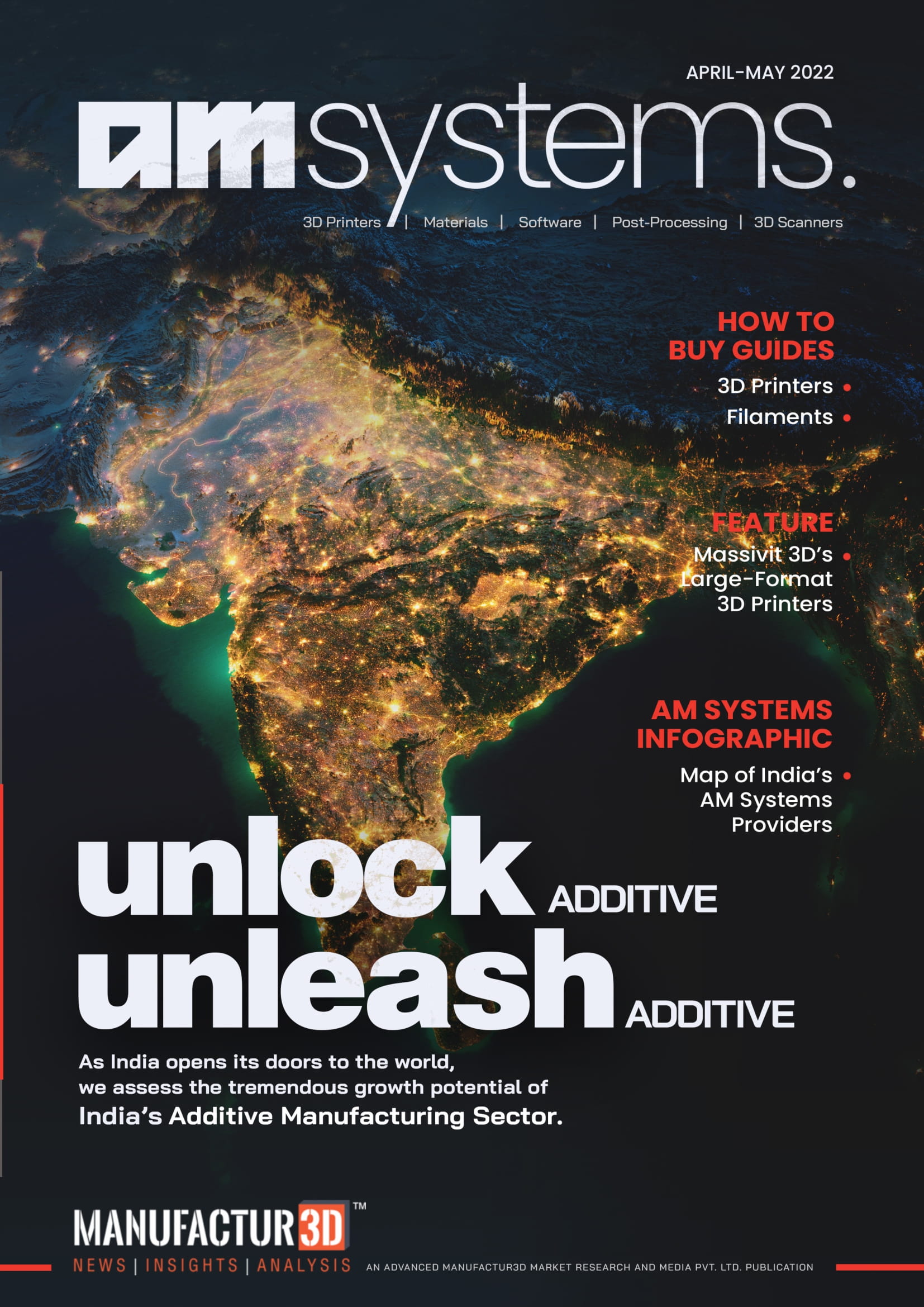BASF 3D Printing Solutions GmbH launched a new range of 3D printing at the ongoing AMUG conference in Missouri. The 3D printing materials developed in collaboration with Texas-based Essentium Materials are industrial-quality Fused Filament Fabrication (FFF) materials.
BASF 3D Printing Solutions GmbH is a wholly owned subsidiary of BASF New Business GmbH, headquartered in Heidelberg, Germany. The company specialises in materials, system solutions, components and services in the field of 3D printing.
BASF 3D Printing Solutions and Essentium Materials, are collaborating together to strategically pool their polymer industrial 3D printing filaments under a single brand named Ultrafuse. The Ultrafuse brand will cater only to the industrial users and all 3D printing materials are and will be developed keeping this in mind.

Above: BASF Application Technology Center to test and develop solutions for industrial additive manufacturing/Image Credit: BASF
Speaking on the new 3D printing materials, Firat Hizal, Marketing & Sales Manager Plastic Filaments at BASF 3D Printing Solutions explained, “We want to offer our customers all over the world high-quality, high-performance 3D printing materials for fused filament fabrication printing technology.”
Ultrafuse
The partnership brand was created to promote the industrial materials used in FFF 3D printing technologies. Both the companies will cross-sell the products in their respective strong business regions. The Ultrafuse range of 3D printing materials includes a variety of materials like the Ultrafuse Z, which is an extra-strong filament developed by BASF materials and further improved by Essentium Materials. The material is offered in combination with FlashFuseTM, which is a processing technology developed by Essentium Materials.
Firat Hizal said, “This enables us to provide a special material for FFF that allows printing components with optimum strength in the z-direction.”
More News from AMUG: HP at AMUG: Showcases Multi Jet Fusion 3D Printing Solutions, announces New Customer Deployments
Ultrasint PA6 LM X085
BASF materials also develop materials for other 3D printing technologies. Its latest material Ultrasint PA6 LM X085 is a powdered material for use in Selective Laser Sintering (SLS) technology. The material is polyamide-6 and has a comparatively low melting point of around 193oC. The low melting point reduces the energy consumption for SLS machines and helps in faster prints.
Alexander Cochrane, Marketing Manager 3D-Printing Powder Bed Fusion explains, “These properties allow us to offer a PA6-based material to customers, especially those in the automotive and consumer goods industries, where today there is mainly only a choice between different PA11 and PA12 types.”
He added, “The first parts produced with new Ultrasint PA6 LM are convincing, so we expect to be able to supply our first customers with our powder material in late summer. The manufactured products exhibit high stiffness and strength.”
Photo-Resin X004M
BASF materials recently also launched a new photosensitive material called Photo-Resin X004M. It is a photopolymer for use in rein based 3D printers like Stereolithography (SLA) & Digital Light Processing (DLP). In such 3D printers, the UV light hardens resin and the layer by layer printing process occurs.
Speaking of the new material, András Marton, Marketing & Sales Manager Photopolymers at BASF 3D Printing Solutions. “We also plan to bring our latest material developments in the area of photopolymers to the market in the near future, to meet industry customers’ requirements for flexible and above all high strength photopolymer components.”
BASF materials are carrying out further innovations and developments in ceramic photopolymers which have applications in metal-casting moulds in the aerospace and automotive sectors.
BASF materials aim to keep a keen eye on the developments in the aerospace, automotive, dental, medical, and consumer goods industries for building new 3D printing materials. In the coming year, the partners aim to launch new flame-retardant filaments.
About Manufactur3D Magazine: Manufactur3D is an online magazine on 3D Printing. We offer 3D printing news, insights and analysis from all around the world. To stay up-to-date about the latest happenings in the 3D printing world, like us on Facebook or follow us on Google+.



